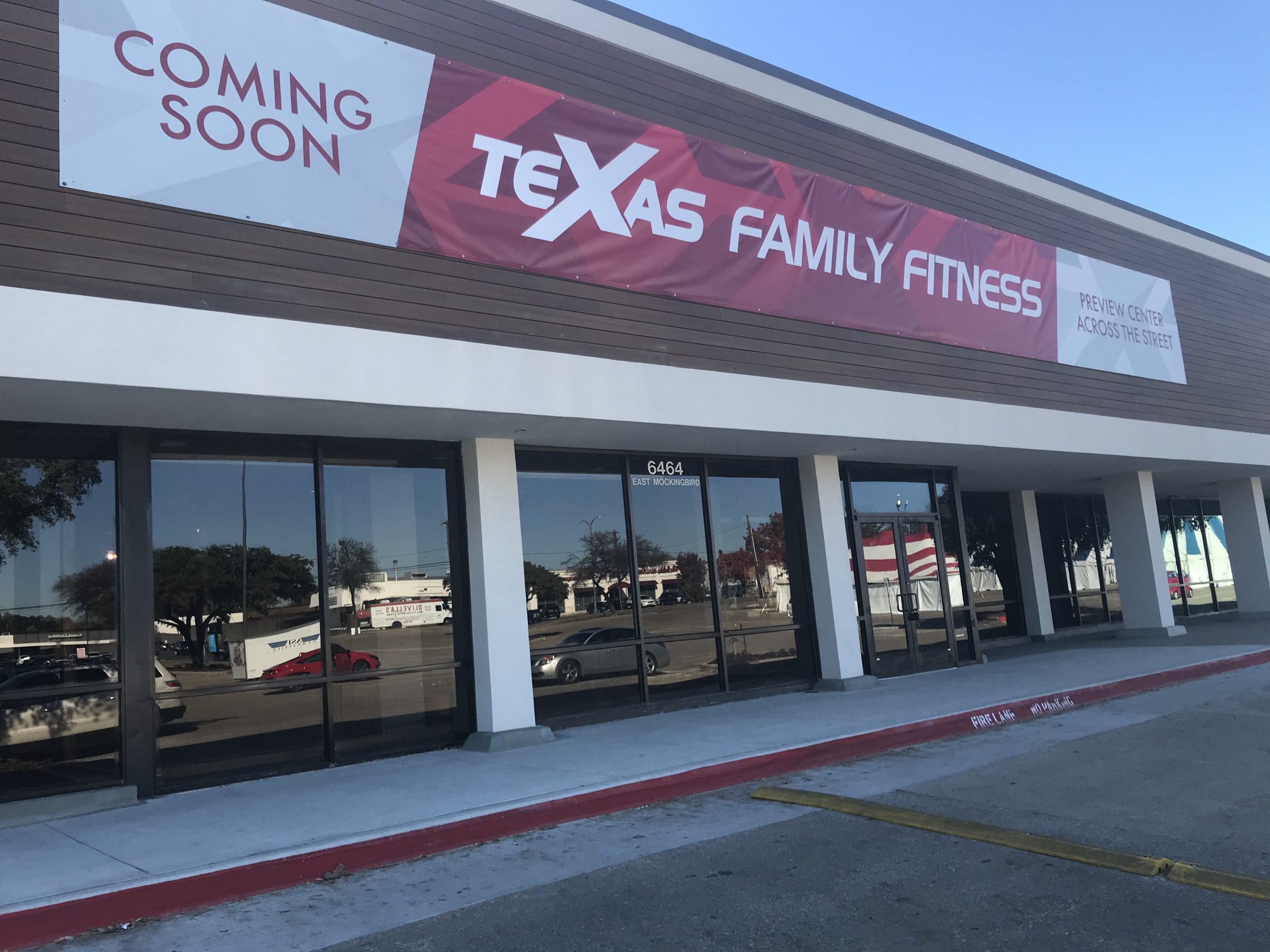Bussiness
Is end of Democratic House supermajority needed to restore balance to business debates? | The Sum and Substance
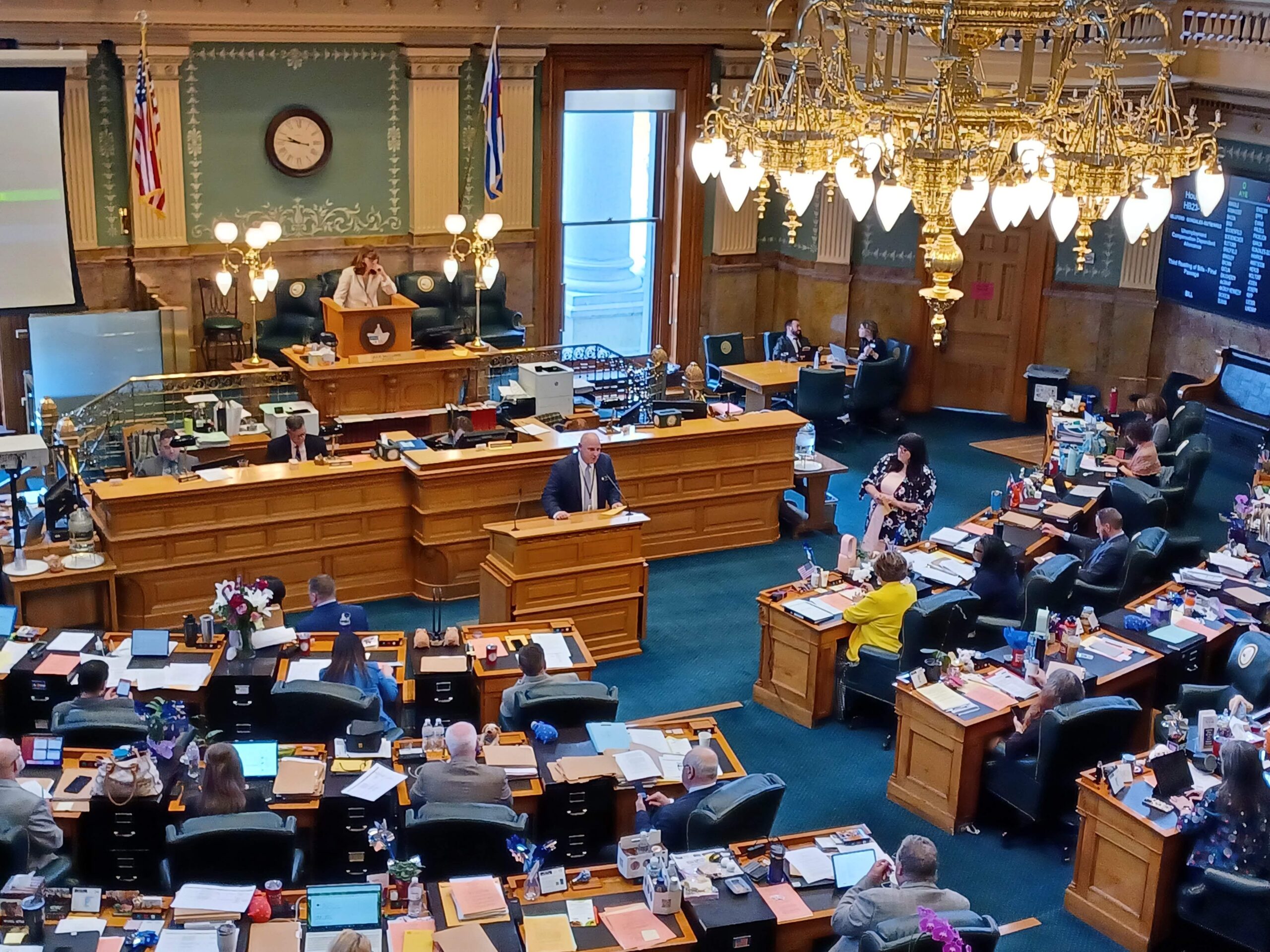
While politicos are focused on eight or nine races to see if Democrats keep their Colorado House supermajority in the Nov. 5 election, maybe the most important thing for business is not the number of seats each party wins so much as the fact there are so many contests.
That observation is one offered particularly by Rep. Shannon Bird, a Westminster Democrat who holds significant power as chairwoman of the Joint Budget Committee and who also is a business advocate and one of the most frequent aisle-crossers on economic issues. Bird thinks that Colorado employers already have won — first by the results of June primaries that broke largely to pragmatists in both parties but also by the fact that close races require candidates to knock on doors and hear from voters across the political spectrum.
With contests from Durango to Greeley and from Colorado Springs to Steamboat Springs expected to be decided by narrow margins, candidates must hear from less partisan or unaffiliated voters — rather than from advocacy groups — what they need, Bird said. Doing so will pull them back from focusing on fringe issues to talking about the bread-and-butter economic concerns that shape business policy, and it may will elevate an issue like construction-defects reform that’s intrigued members of both parties.
“When you’re forced to knock on people’s doors and listen to voters every day, that makes you more open to all issues,” said Bird, who’s been talking to many Democratic candidates and has been working to get support for her defects-reform plan that died this session. “If more of us are talking to constituents, we have to think about things more pragmatically.”
Colorado state Rep. Shannon Bird speaks on the House floor during the 2023 legislative session.
What the Democratic supermajority has meant
For business leaders who spent the past two years watching the machinations of the House, where Democrats hold a historic 46-19 advantage, pragmatism must have seemed an illusory dream.
The supermajority party pushed through business-opposed policies ranging from significant oil-and-gas regulations to allowance of local rent-control laws to proposals meant to spawn more deceptive-trade-practice lawsuits. Each of those proposals met defeat or at least significant changes in the Senate, but now Democrats hold the possibility of winning a supermajority in that chamber too.
In some senses, reducing the number of Democrats from 46 to 43 or fewer could have a tangible impact on the kinds of bills coming out of the House. Not only would it stop the party from being able to override vetoes without support from Republicans, but it would change committees on which the GOP sometimes has an 8-3 disadvantage to a 7-4 split, allowing more balance and negotiations on controversial proposals.
In other ways, the numbers mean less than the people occupying the seats, as boosts in moderate or pragmatic majority-party members should generate more negotiations, particularly as Republican primary voters also are seeking out those candidates more. Democratic primary voters this year ousted liberal firebrand Reps. Elisabeth Epps and Tim Hernandez and chose more moderate nominees such as Michael Carter of Aurora for safe seats, leading some to be optimistic that more bipartisan collaboration could be nigh.
Key races
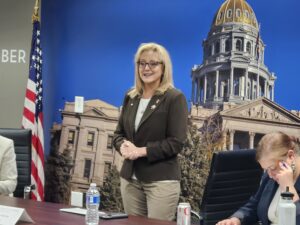
Rebecca Keltie speaks at a Colorado Chamber of Commerce event.
But none of those potential good feelings is leading Republicans to mute their attacks on five seats in particular that Democrats flipped or retained during their 2022 electoral landslide by very small margins. And, just like Republicans seeking to stave off superminority status in the Senate, they must win three of the following five contests:
- House District 16 in north-central Colorado Springs, where first-term Democratic Rep. Stephanie Vigil is defending a Republican-leaning seat against GOP nominee and Navy veteran Rebecca Keltie;
- House District 19 in Weld and Boulder counties, where Republican former Rep. Dan Woog is trying to win back a seat he lost in 2022 and faces Democratic education activist Jillaire McMillan after Rep. Jennifer Parenti ended her re-election bid this summer;
- House District 25 in southwest Jefferson County, where first-term Democratic Rep. Tammy Story is defending her post against former Morrison Police Chief George Mumma, a Republican in a longtime GOP stronghold that now leans just slightly Republican;
- House District 43 in Highlands Ranch, where Democratic Rep. Bob Marshall won a long-time Republican seat in 2022 and now faces GOP financial professional Matt Burcham in a district with a fairly strong Republican lean; and,
- House District 50, encompassing east Greeley and the surrounding area, in which third-term Democratic Rep. Mary Young faces a rematch of a closely contested 2022 race against Republican Ryan Gonzalez in a Democratic-leaning district.
Some races pit business, labor interests
While Marshall fashions himself a moderate — albeit one who is a supporter of significant environmental regulations — and Young has at times crossed the aisle in her votes, the differences in some other key races are stark, accentuating what is at stake.

Colorado state Rep. Stephanie Vigil criticizes a property-tax-cut bill on the House floor during a 2024 special session.
Vigil, a gig-work driver and labor activist, sponsored laws that limited hydrogen-production grants to machines using costly zero-emissions technology and that increased regulations on delivery-network companies like DoorDash, and the representative blamed corporate “oligarchs” for forcing a special session to reduce property-tax assessment rates. Keltie’s focuses include continued reduction of property taxes, efforts to bring more manufacturing to the state and passage of construction-defects reform.
Story’s efforts have included a successful bill to require utilities to put more resources to pipeline safety, an unsuccessful bill to require government-funded broadband projects to pay prevailing wages, as well as spirited opposition to recent property-tax breaks. Mumma, meanwhile, said he wants to dedicate more money to road funding, plans to oppose creation of new fees and will seek to reach across the aisle.
Interaction of business issues and supermajority
GOP leaders said they hear most often from voters about the high cost of living, and they are translating that into a message of trying to lower taxes and stop fees. Democrats focus on cost of living too, as evidenced by candidates like Katie Stewart, running for an open but closely contested Democratic-held seat in the Durango area, saying they must balance the transition to cleaner energy with its costs.
Energy also is a recurrent issue in the tight races. Republican Clark Craig, taking on Stewart, advocates for reform of the state’s air-quality permitting system, which can hold up drilling applications for two years. In HD 50, Gonzalez has talked with unions concerned about the erosion of oil-and-gas jobs, even as Young breaks from some in her party by advocating an all-of-the-above energy strategy.
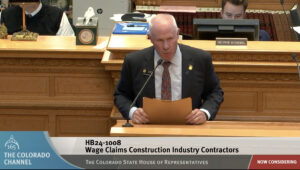
Colorado state Rep. Anthony Hartsook speaks against a wage-theft bill on the House floor on April 18.
Rep. Anthony Hartsook, a Parker Republican and business backer, said it’s not particular bills that hang in the balance depending on the outcome of the elections so much as his party’s ability to influence business bills more. Although issues like oil-and-gas regulations and medical-malpractice caps may take a lower profile next year after proponents and opponents agreed to cease-fire deals in 2024, he suspects labor rights, increasing fees and other pinch points will arise, and Republicans need greater numbers for greater leverage.
“Everything has a dollar sign that’s attached to it. If the consumer decides ‘I’m not going to pay for that’ because our policies have made it more expensive, that’s when businesses start getting smaller,” Hartsook said. “So, people are hopeful that we can eliminate the supermajority and bring some balance and common sense back to the Capitol.”
Could end of supermajority boost construction-defects reform?
Tyler Sandberg, a chief strategist for House Republicans’ New Day Colorado Fund, wouldn’t identify the exact races that are being targeted but said party leaders are “laser-focused on flipping three seats.”
Bird is not concerned about whether her party has a large majority or supermajority so much as she is concerned that successful candidates shape their policies around talks with voters and represent their constituents rather than parrot national hot-button issues. But if that happens — and she believes it will— that can mean good things for business, she said.
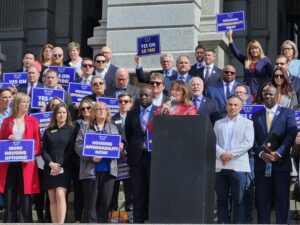
NAIOP Colorado Executive Director Kathie Barstnar speaks at a rally at the Capitol in March for construction-defects reform.
In particular, she believes momentum is swelling to reintroduce and pass her construction-defects reform bill as voters who speak to her about housing unaffordability are moving beyond the landlord-tenant issues that have dominated legislative debate and asking why there aren’t enough reasonably priced homes for them to purchase. The bill attracted bipartisan backing in the Senate last year but couldn’t make it out of its first committee in the House, where partisan and ideological divides were more apparent and where supporters of plaintiffs’ attorneys argued the bill would strip homeowners of rights.
“I think our state is best served when we have representatives who are willing to seek perspectives outside of the advocacy groups that they are familiar with and already have listened to,” she said. “What I think this is going to mean is that people in the Capitol will have a greater willingness to listen to people who are out there doing the work, like the business owners.”







